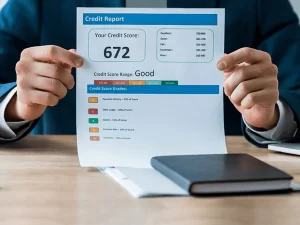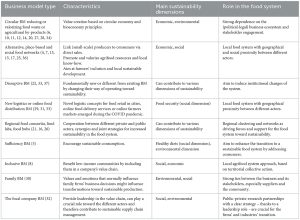Understanding Blockchain Technology and Its Impact on Finance
3 min read
Blockchain is a distributed ledger technology that replaces traditional corporate databases with an unchangeable database. It can increase transparency and traceability for financial transactions.
With no intermediaries, blockchain has the potential to save banks $27 billion by 2030 in cross-border settlement transactions alone as it removes costs and risks, while also speeding up transactions significantly, according to the World Economic Forum.
Benefits
The financial services industry stands to gain quite a bit from blockchain technology. Through reduced costs, increased transparency and faster transactions, trust in the system also will be bolstered. The system’s immutability means fraud or manipulation cannot occur on the blockchain either.
Moreover, smart contracts — agreements established digitally between multiple parties that execute once certain conditions are met automatically — have highly appreciated value for performing financial transactions as they eliminate mediation of third parties; thus saving both time and money.
The decentralized nature of blockchain enables information held within its network to be redundant; offering data integrity insurance when large sums need to be moved without increasing theft or fraud risk. Furthermore, automating processes reduces operational risks for employees along with inefficiency that increases costs; freeing up employees for other projects or tasks.
Risks
To succeed in implementing blockchain systems into organizational operations effectively organizations must understand what they’re dealing with first. As an emerging technology, ongoing development is expected but so far it presents itself as one of the most efficient yet secure methods of transaction verification currently available. By cutting out middlemen and adding extra layers of security by recording every step; there’s really no limit on how businesses can choose to use this system.
Alongside streamlining business processes across various industries including promoting transparency and trustworthiness while providing increased security; blockchain also presents unique challenges when developing new business models. However one thing’s certain: From tracking products during shipment phases all the way down to how they were made initially – This method provides a great way for organizations to reduce food contamination, fraud, and wastefulness.
Implementation
Blockchain technology provides financial companies with a solution that lowers their risk along with processing fees. It essentially eliminates the need for intermediaries when verifying transactions; thus speeding up how long it takes for businesses to get paid.
Smart contracts are one of the most anticipated applications within this technology as they automate agreements. For example, if someone buys a product online with bitcoin, once that product is delivered to the buyer’s location and they confirm receipt — the smart contract will send payment immediately.
Unlike traditional financial institutions that only operate during established hours, blockchain services can be accessed at any time. Even better? They’re more secure against cyber attacks than anything else on the market right now. As such, interviewees suggest focusing on developing high-quality products first while building reputations and communities before attempting to tackle more organizational factors like aligning company activities to its goals.
Future
Not only does blockchain have the potential to drastically reduce transaction fees but it could introduce operational efficiency measures as well; making it much harder for malicious actors to manipulate or take advantage of people in some fashion. With stock trading for example taking three days and being very costly, Blockchain can speed this process along while cutting costs for both consumers and investors — as well as the institutions themselves.
There are many ways to use blockchain technology. It can be used to increase transparency by streamlining verification processes, reduce data storage costs, and eliminate intermediaries. Also, thanks to its security and real-time tracking capabilities, it is possible for individuals in countries with unstable infrastructure or currencies to track payments. Because they have no other option but to store the cash in their home when paid in cash – which brings the risk of theft or violence higher up.






